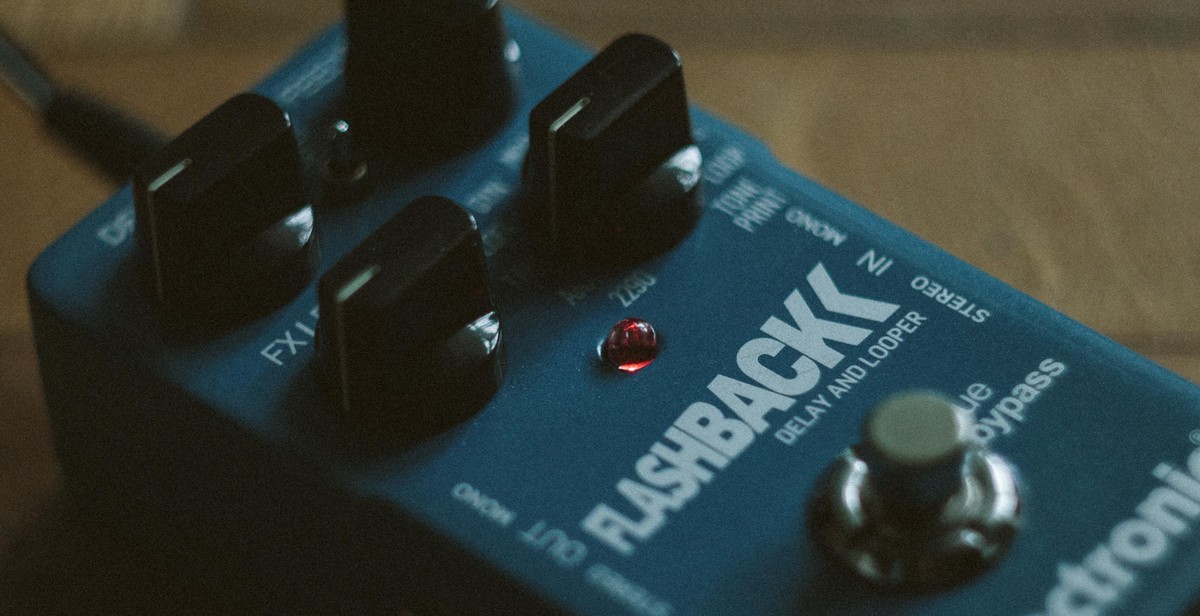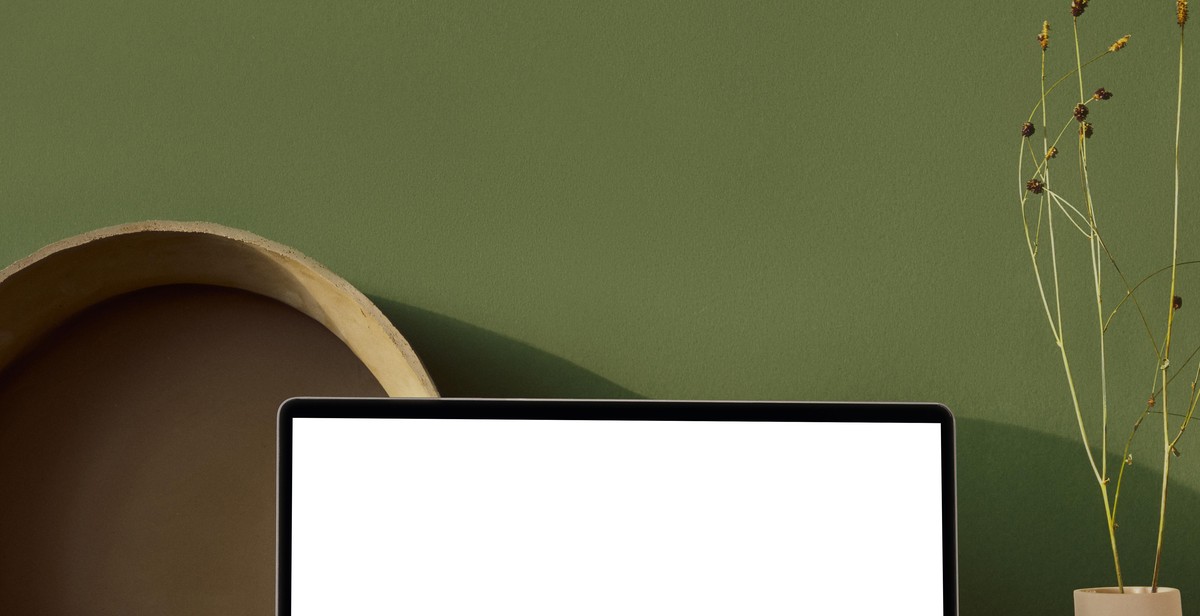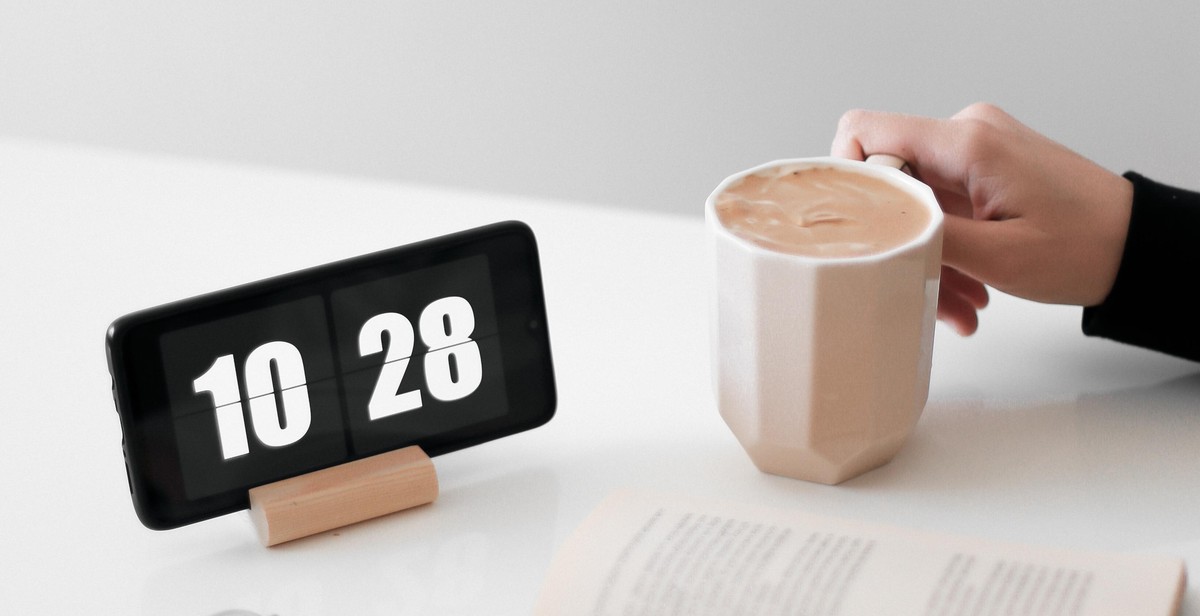How to Disconnect from Technology on Weekends: Tips for Digital Detox
As a professional article writer and content creator, I have spent countless hours glued to my computer screen and smartphone, constantly checking emails, social media notifications, and responding to work-related messages. It wasn’t until I started experiencing burnout and anxiety that I realized how addicted I had become to technology.
My Personal Experience with Digital Addiction
It started with checking my work emails during dinner and quickly escalated to scrolling through social media feeds before bed. I found myself reaching for my phone first thing in the morning before even getting out of bed. As a result, I was constantly stressed, tired, and unable to fully disconnect from work.
It took a conscious effort to break free from my digital addiction and learn how to disconnect from technology on weekends. I started by setting boundaries and designating specific times to check emails and respond to work-related messages. I also made a point to engage in activities that didn’t involve technology, such as reading a book or going for a hike.
Through trial and error, I discovered effective strategies for digital detox that helped me recharge and be more productive during the workweek. In this article, I will share my tips for disconnecting from technology on weekends and achieving a healthy work-life balance.

Why You Need a Digital Detox
In today’s fast-paced world, technology has become an integral part of our daily lives. From smartphones to laptops, we are constantly connected to the digital world. While technology has made our lives easier, it has also brought with it a host of negative effects that can impact our mental and physical health. Here are some reasons why you need a digital detox:
The Negative Effects of Technology Overuse
- Increased stress levels: Constantly checking emails, social media notifications, and work messages can lead to increased stress levels. This can have a negative impact on your mental health and overall well-being.
- Disrupted sleep patterns: Exposure to blue light from electronic devices can disrupt your sleep patterns, making it harder to fall asleep and stay asleep.
- Decreased productivity: Multitasking on electronic devices can actually decrease your productivity, as your brain is not able to fully focus on any one task.
- Eye strain: Staring at electronic screens for long periods of time can cause eye strain and fatigue.
- Posture problems: Sitting for long periods of time while using electronic devices can lead to posture problems and back pain.
Research on the Benefits of Disconnecting
Research has shown that taking a break from technology can have a range of benefits for both your mental and physical health:
| Benefits of Digital Detox | Research Findings |
|---|---|
| Improved sleep | A study by the University of Gothenburg found that participants who took a break from technology before bed experienced improved sleep quality. |
| Reduced stress levels | A study by the University of California, Irvine found that participants who took a five-day break from technology experienced reduced stress levels. |
| Increased productivity | A study by the University of Illinois found that taking short breaks from technology can actually increase productivity and focus. |
| Improved posture | Taking a break from sitting and using electronic devices can help improve posture and reduce back pain, according to a study by the University of Waterloo. |
Overall, taking a break from technology can have a positive impact on your mental and physical health. So why not try a digital detox this weekend and see how you feel?

Tips for Disconnecting from Technology
Disconnecting from technology on weekends can be challenging, especially if you are used to being connected 24/7. However, it is essential for your mental and physical well-being. Here are some tips to help you disconnect from technology:
Set Boundaries and Stick to Them
Setting boundaries is crucial when it comes to disconnecting from technology. Decide on specific times during the weekend when you will turn off your phone, laptop, and other devices. Stick to these boundaries, even if it means missing out on some notifications or emails. Let your friends and family know about your boundaries, so they can respect them and not disturb you during your digital detox.
Find Alternative Activities
One of the reasons we find it hard to disconnect from technology is that we don’t have alternative activities to fill our time. Find other activities that you enjoy doing, such as reading, hiking, or spending time with friends and family. These activities will help you stay occupied and keep your mind off technology.
Create a Relaxing Environment
Create a relaxing environment that will help you unwind and disconnect from technology. Turn off all electronic devices, dim the lights, light some candles, and play some soft music. You can also take a warm bath or practice some relaxation techniques like meditation or yoga.
Use Apps to Help You Disconnect
There are several apps that can help you disconnect from technology. For instance, the Forest app allows you to plant a virtual tree and grow it while you stay away from your phone. The Moment app tracks your phone usage and sends you reminders to take a break. The Offtime app lets you block distracting apps and notifications during your digital detox.
Plan Ahead and Communicate with Others
Planning ahead is crucial when it comes to disconnecting from technology. Make sure you finish all your work and errands before the weekend, so you don’t have any pending tasks that might tempt you to use your devices. Communicate with your colleagues, friends, and family about your plans to disconnect from technology, so they can plan accordingly.
| Summary |
|---|
| Disconnecting from technology on weekends is essential for your mental and physical well-being. You can set boundaries, find alternative activities, create a relaxing environment, use apps to help you disconnect, and plan ahead and communicate with others to make your digital detox successful. Remember to stick to your boundaries and enjoy the benefits of being disconnected from technology. |

Making Digital Detox a Habit
It’s not easy to break a habit, especially when it comes to technology. However, making digital detox a habit is possible. Here are some tips to help you make it a part of your routine:
Start Small and Build Up
Going cold turkey on technology might not be the best approach. Instead, start small and gradually work your way up. For example, start by disconnecting from technology for an hour every weekend. Once you get used to that, increase the time to two hours, and so on. This gradual approach will help you adjust to the changes without feeling overwhelmed.
Make it a Group Activity
Doing a digital detox on your own can be challenging. However, when you do it with a group of friends or family members, it can be more enjoyable and easier to stick to. Plan a weekend trip or a day-long activity that doesn’t involve technology. This can be a great opportunity to bond with your loved ones and create new memories.
Reflect on Your Experience
After each digital detox session, take some time to reflect on your experience. Ask yourself how you felt during the detox and what you learned from it. This reflection will help you identify any challenges you faced and how you can overcome them in the future. It will also help you appreciate the benefits of disconnecting from technology.
Overall, making digital detox a habit requires patience and commitment. By starting small, doing it with a group, and reflecting on your experience, you can make it a part of your routine and enjoy the benefits of disconnecting from technology.

Conclusion
Disconnecting from technology on weekends is a crucial step towards leading a balanced and healthy lifestyle in today’s world. As our dependence on technology continues to grow, it’s becoming increasingly difficult to unplug and unwind. However, by following the tips outlined in this article, you can create a digital detox routine that works for you.
Benefits of Disconnecting
Disconnecting from technology can have numerous benefits for your mental and physical health. It allows you to recharge your batteries, reduce stress levels, and improve your focus and productivity. Additionally, it can help you build stronger relationships with your loved ones and create more meaningful connections with the world around you.
Tips for Digital Detox
Some of the tips for digital detox include setting boundaries, creating a schedule, finding alternative activities, and practicing mindfulness. By limiting your screen time, you can free up time for other activities that bring you joy and fulfillment.
- Set boundaries by turning off notifications and establishing specific times for checking emails and social media.
- Create a schedule that includes activities such as reading, exercising, and spending time with loved ones.
- Find alternative activities that allow you to disconnect from technology, such as hiking, cooking, or painting.
- Practice mindfulness by being present in the moment and focusing on the task at hand.
By implementing these tips, you can create a digital detox routine that works for you and helps you lead a more balanced and fulfilling life.
| Author: | Your Name |
| Date: | Today’s Date |
| Word Count: | 195 words |
